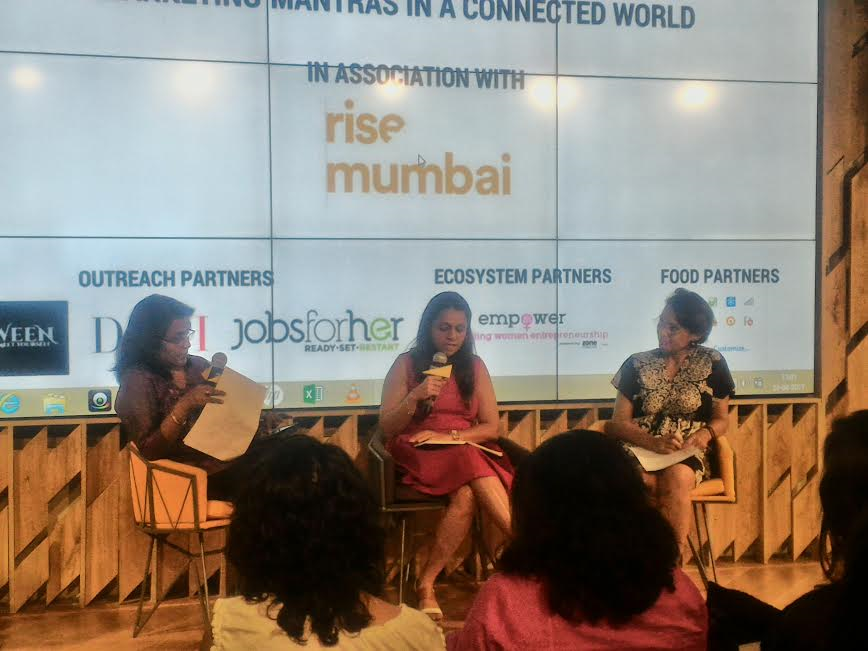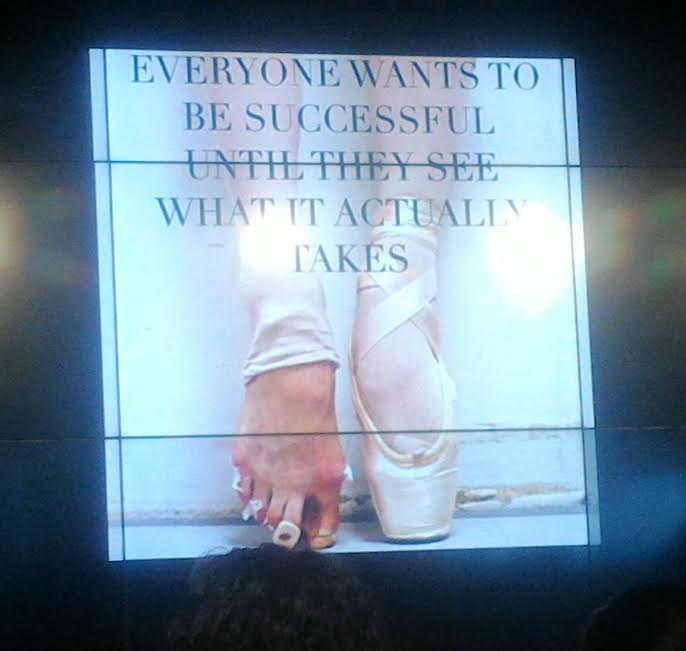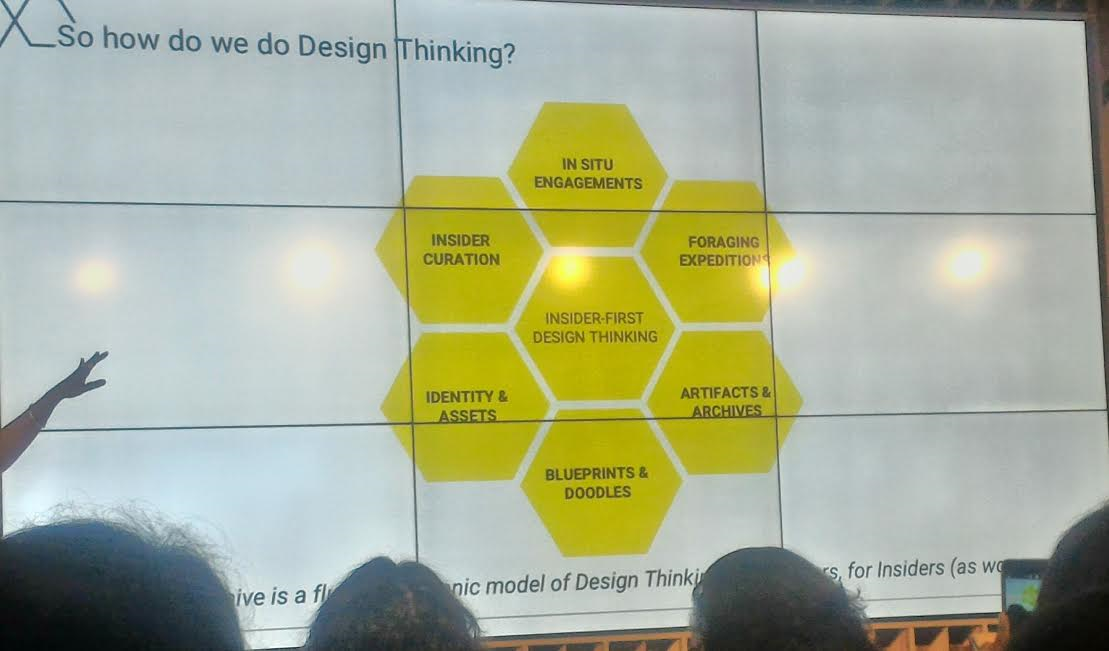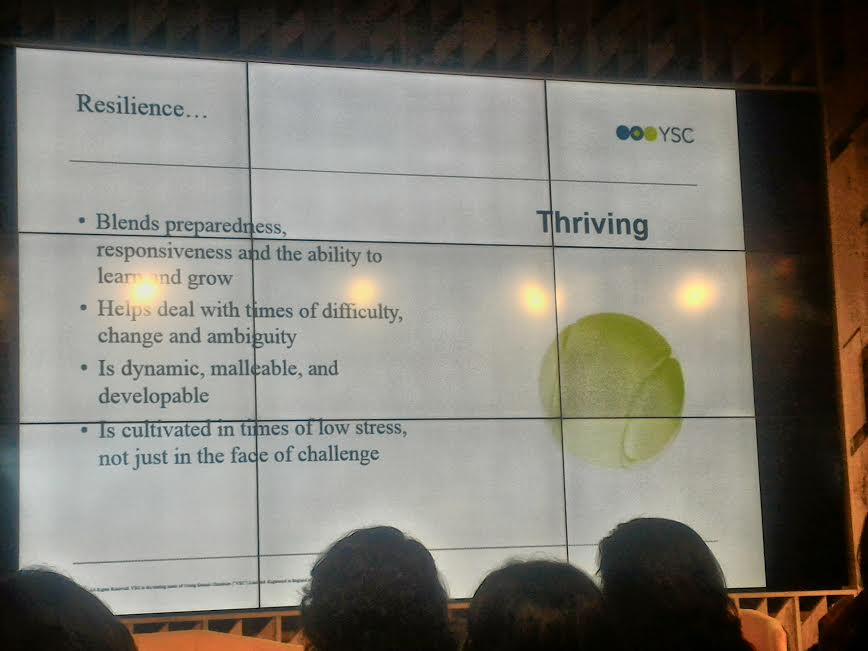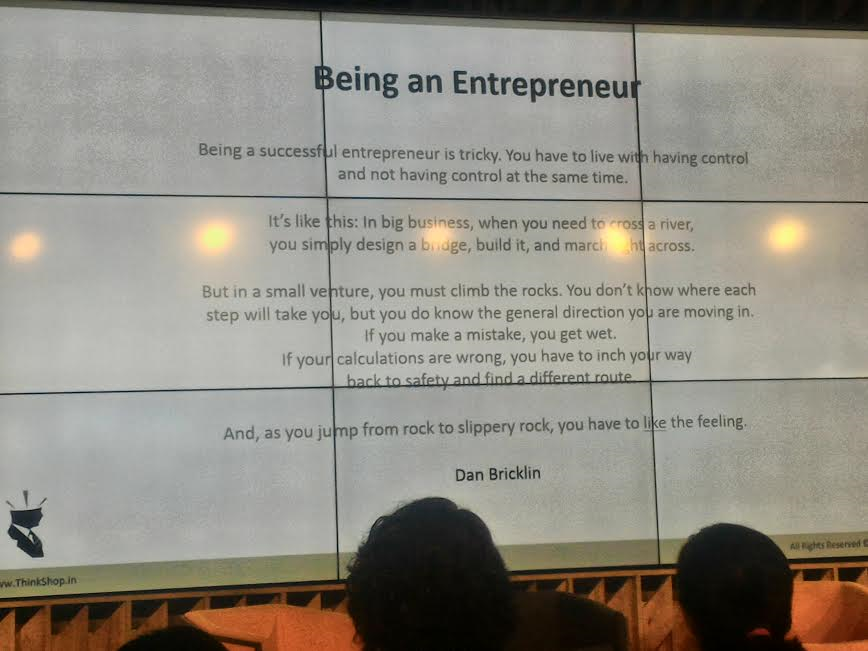 |
| Author Mayank Sharma |
‘It’s a hypocritical society that we live in!’ True or false? And why?
Honestly, I don’t know if we live in a hypocritical society. Perhaps, I am not qualified enough to be able to answer this question objectively in true or false. Without having concrete facts available on my desk, I am against the idea of largely generalizing the perception that we live in a hypocritical society. Though, one thing I know definitely is that we live in a very dynamic and vibrant society in which traditional and modern cultures go hand in glove. But, that being said, one cannot rule out the fact that social inequalities obscure gravely even the minds of well-educated citizens in our society due to hierarchical and restrained mindsets. Perhaps, that might be one of the reasons why the nations having an indulgent culture are often positioned in top ranks of the happiness index. Though, it’s my personal opinion based on my own experiences.
“Irrational inequalities make economic growth an undeveloped agenda and literacy an unfinished mission.”
I would like to share an interesting incident that took place soon after this book was published. Well, most of the so-called elite citizens are afraid to even look towards one of the most untouched realms of our society due to the fear of being stained. It was a tough decision for me to take a plunge in the world of creative writing with a sensitive theme like forced prostitution and a story that features how an underprivileged section of children is deprived of a fundamental right like education. With this theme in my mind, I was pretty sure that it was a herculean task for me to get a traditional publisher onboard. Finally, I had decided to take the bull by the horns wholeheartedly by choosing a self-publishing house to carry my views to a larger audience. When the book was released, I took the first copy to a good friend of mine, who always used to nag about things that should change in India ever since he returned from the US having worked there for more than twelve years. I thought that he would be the first person to appreciate my initiative to write on this subject since he often had a strong opinion on such issues. He gave a grim look on seeing the book cover and its title when I offered a paperback copy to him. He proved me wrong in a jiffy when he said that such topics were best discussed amongst friends. He refused to take a book having this kind of a title and theme to his home as he lived there with his parents and family. The moment I heard his response, I remembered a long list of master’s degrees that I knew he earned from top American Universities. At that point in time, I realized the relevance of my book since most of us, who think ourselves to be dignified citizens, often sweep gray matters underneath the rug, as if those issues never existed in a utopia around us. Pretty much, like an ostrich buries its head in the sand!
I believe India, being a young nation, is home to one of the largest populations of youngsters. With globalization, there are several riddles with regard to advancement versus cultural taboos that often baffle the youth. India is the fifth-largest economy in the world with the Gross Domestic Product growth at 7.1 percent. Contrary, India ranks 122 out of 155 countries in the happiness index. This rating keeps dropping year on year. Goodness gracious! Our neighbors - Pakistan, Bangladesh, and Bhutan are far ahead of us in the index. The fact needs everyone’s attention towards problems affecting social support, freedom of choices, civil liberties, generosity, to name a few. One’s heart sinks on hearing the heinous incidents of crimes against women. The wrongdoing of blaming women when they become victims of grim circumstances exists primarily due to gender inequality. Across our nation, the millions of naïve women and girls, like the protagonists in my story are agonized when they become victims of urge, lust, and forced prostitution, especially in a nation where adultery is illegal. Modernization merely remains a hype, unless fundamental rights and human values are fortified largely at grassroots.
I wrote this novella with the intent to portray a tenacious and an independent young lady, like my fictional character Aparajita, who challenges the status quo of society and personifies a meritocratic nation, unmistakably. It sounds like a fairy tale; isn’t it? Alright! That’s what a lot of folks tell me. Indeed, my story will remain merely a work of fiction forever, if girls like Aparajita are not able to see the light of day in real life. To cut a long story short, some naïve and talented kids, who are deprived of a fundamental right like education, need our support with an open mind and heart.
About the Author
Mayank Sharma is a computer engineering graduate with post-graduation in business management. He works with a leading technology multinational in Delhi. He has authored a number of articles and white papers on software technology and processes. For the first time in April 2014, his article was featured in Better Software magazine published in Florida, USA. Writing has become Mayank's greatest passion when he observed how it can trigger the winds of change. He is gradually transforming from a “left-brained” writer to a “right-brained” writer. Besides writing, he is passionate about sketching, painting, and making sculptures since childhood.
India is the fifth-largest economy in the world with the Gross Domestic Product growth at 7.1 percent. Contrary, India ranks 118 out of 157 countries in the happiness index. The fact seized Mayank’s attention towards social problems affecting social support, freedom of choices, and generosity, to name a few. Having travelled across continents and associated with people with diverse beliefs and values, he became more curious about the social riddles curtailing liberties across societies. He penned his debut novel, The Princess of a Whorehouse, when he came across some real life incidents that quivered his soul.
